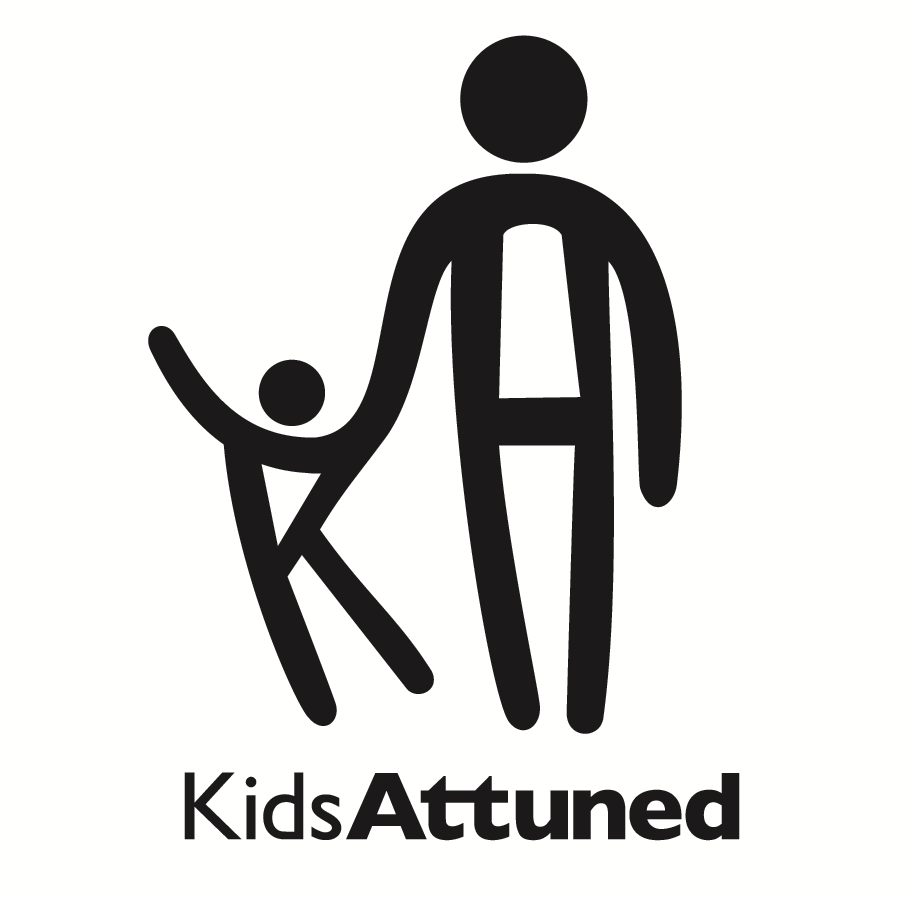Claims & Questions
Sweeping claims have been made about the effectiveness of behavioral approaches, specifically ABA. However, there continues to be reservations about the strength of evidence for addressing the core features of autism, and long-term success. The review by Sandbank referenced above, states, “Behavioral intervention approaches also show evidence of effectiveness, but methodological rigor remains a pressing concern in the area of research.”
Eric Shyman authored a book, Besieged by Behavior Analysis for Autism Spectrum, which details the history of use and concerns with ABA for autism.
Shyman, E. (2014). Besieged by Behavior Analysis for Autism Spectrum Disorder: A Treatise for Comprehensive Educational Approaches. Lexington Books.
In 2017, Laurent Mottron in Quebec, Canada authored an article that questions the underlying basis of ABA and the efficacy of ABA approaches in early intervention. The article provides references to other articles that raise concerns about ABA and offers recommendations for alternative approaches.
Mottron, L. Should we change targets and methods of early intervention in autism, in favor of a strengths-based education? Eur Child Adolesc Psychiatry 26, 815–825 (2017). https://doi.org/10.1007/s00787-017-0955-5
Researchers have questioned the criteria used to determine Evidence-based Practice, and in particular note that when rigorous criteria are used there is inadequate support for ABA.
Bottema-Beutel, K. (2023). We must improve the low standards underlying “evidence-based practice”. Autism, 27(2), 269-274.
The 2024 annual report of the Autism Comprehensive Care Demonstration Program, provided through Tricare, the insurance program for the US Department of Defense, reported the results of their monitoring of ABA services. At the end of 2022 they had 16,156 children enrolled and studied a sample of 497. Tricare submits annual reports which provide a detailed analysis of the ABA services that are provided.
Of note:
Previous annual reports have discussed the status of the research literature regarding ABA services. While DHA continues to monitor the literature, there have been no significant advances in ABA research with regards to defining dose-response (including intensity, frequency, or duration), for whom ABA is most effective, and what clinical outcomes could be expected as a result of ABA interventions. As of now, ABA services do not meet the TRICARE hierarchy of reliable evidence standards for proven medical care.
Comprehensive Autism Care Demonstration Annual Report January 2024
https://health.mil/Reference-Center/Reports/2024/01/08/Annual-Report-on-Autism-Care-Demonstration
As insurance companies are questioning the time, cost, and effectiveness of behavioral approaches, academic scholars are also increasingly reconsidering the basis and outcome of accepted practice. The voices of adults with autism have contributed to this reexamination of intervention methods, with questions about ethics, values, and self-identity.
Enter the text or HTML code here
